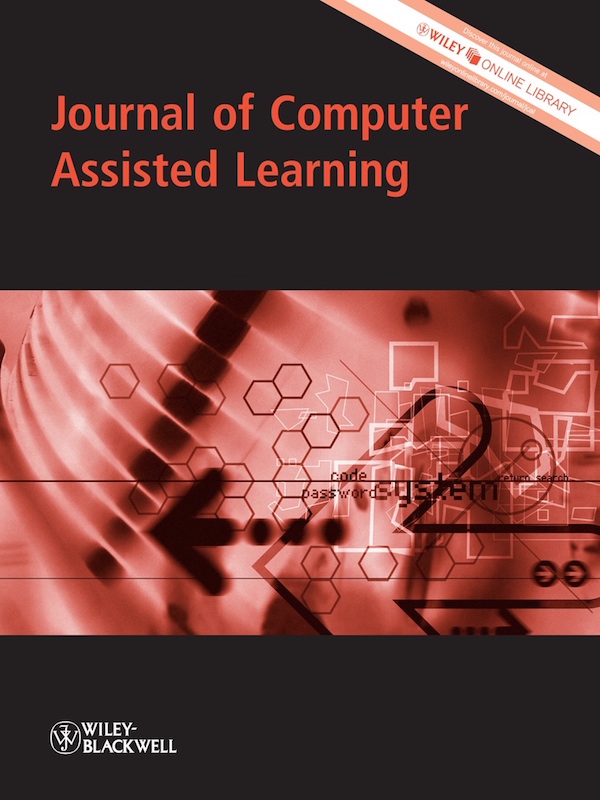
A knowledge-structure-based adaptive dynamic assessment system for calculus learning
ARTICLE
M.‐Y. Ting, B.‐C. Kuo
Journal of Computer Assisted Learning Volume 32, Number 2, ISSN 1365-2729 Publisher: Wiley
Abstract
The purpose of this study was to investigate the effect of a calculus system that was designed using an adaptive dynamic assessment (DA) framework on performance in the “finding an area using an integral”. In this study, adaptive testing and dynamic assessment were combined to provide different test items depending on students’ abilities. Prompts were provided from among various options. Two hundred fifty-seven freshmen from one public university in Taiwan participated in the study. The pre-test was held within one week after the examinees learned how to find an area using an integral. Remedial instruction was completed within two weeks, and the students were administered the post- test. Two weeks after the administration of the post-test, a delayed post-test was administered to evaluate the students’ retention. When an examinee responded to an item correctly, he received a score. Otherwise, the student was given a prompt. In this study, five experimental groups were compared: three different DA groups, one self-study group and one remedial group instruction. The results of the study revealed that the instructive effect of the adaptive dynamic assessment approach (the third DA group) was the best and that the proposed methods helped students improve their learning performance.
Citation
Ting, M.‐. & Kuo, B.‐. (2016). A knowledge-structure-based adaptive dynamic assessment system for calculus learning. Journal of Computer Assisted Learning, 32(2), 105-119. Wiley. Retrieved August 6, 2024 from https://www.learntechlib.org/p/172152/.
